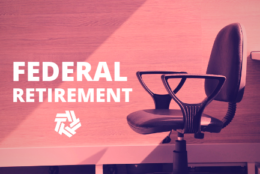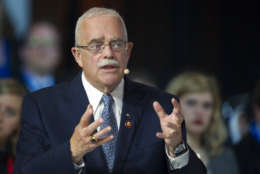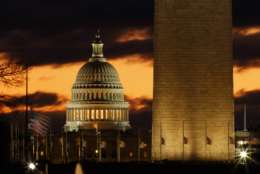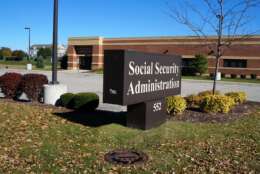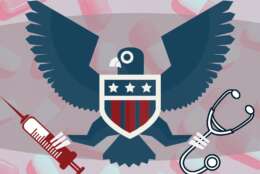National Active and Retired Federal Employees Association
-
With no mention of federal pay raise in the fiscal 2023 financial services and general government bill, House appropriators push forward the White House’s 4.6% proposal.
June 27, 2022 -
When Congress created the Federal Employee Retirement System in the ‘80s, one of the most notable changes was that future retirees would get smaller cost of living adjustments than participants in the old Civil Service Retirement System. CSRS and Social Security beneficiaries get COLAs that match inflation; FERS retirees get a smaller adjustment. That hasn’t been a big deal over the past decade of low inflation, but obviously circumstances have changed.
June 10, 2022 -
The House Committee on Oversight and Reform passed legislation that would create an internship center at the Office of Personnel Management.
May 13, 2022 -
Picking the “best” of the 50 states, tax-wise, can mean hundreds of thousands extra dollars that will be yours, not the Great State of Whatever, for as long as you are retired.
April 05, 2022 -
House lawmakers passed the Securing a Strong Retirement Act, which will raise the age for starting required minimum distributions from TSP accounts.
April 04, 2022 -
Timing your retirement can be tricky, but putting thought into when you leave the federal service can pay off in the long run.
April 04, 2022 -
Whether you are (or should be) for Postal Reform or against the Windfall and Offset laws, help is coming. John Hatton, staff VP for NARFE, will discuss the status of these on Your Turn.
March 02, 2022 -
The Postal Service’s best shot at a long-term legislative reform in recent years is finally moving ahead in Congress next week.
February 04, 2022 -
Continuing with an annual tradition, lawmakers have once again introduced a bill that would give federal employees a pay raise in 2023.
January 13, 2022 -
Recent legislation would get rid of the Windfall Elimination Provision (WEP) and Government Pension Offset (GPO), but the repeal would be temporary. Federal employee groups say it's better than nothing.
December 13, 2021 -
The bill, known as the Building the Next Generation of Federal Employees Act, attempts to improve the federal internship experience, ensure students get paid for their work and provide credit for successful interns to apply for permanent positions in the competitive service.
December 02, 2021 -
With 30-plus plans to choose from, many working feds and retirees go into shutdown mode and do nothing during the annual health insurance open season. This year it ends on Dec. 13. But that won’t help if you don’t shop around. Inertia is easy.
November 18, 2021 -
Employees and retirees enrolled in the Federal Employees Health Benefits Program (FEHBP) will pay, on average, 3.8% more toward their premiums in 2022. The Office of Personnel Management announced FEHBP premium rates ahead of the upcoming open season, which runs Nov. 8 through Dec. 13.
September 29, 2021 -
President Biden has formally recommended a 2.7% federal pay raise for most civilian employees in 2022, which includes 0.5% locality pay adjustment.
August 27, 2021 -
Once again, there are dueling agendas to eliminate or offset the Windfall Elimination Provision, a pesky nuance that reduces Social Security benefits for some federal retirees.
August 09, 2021


